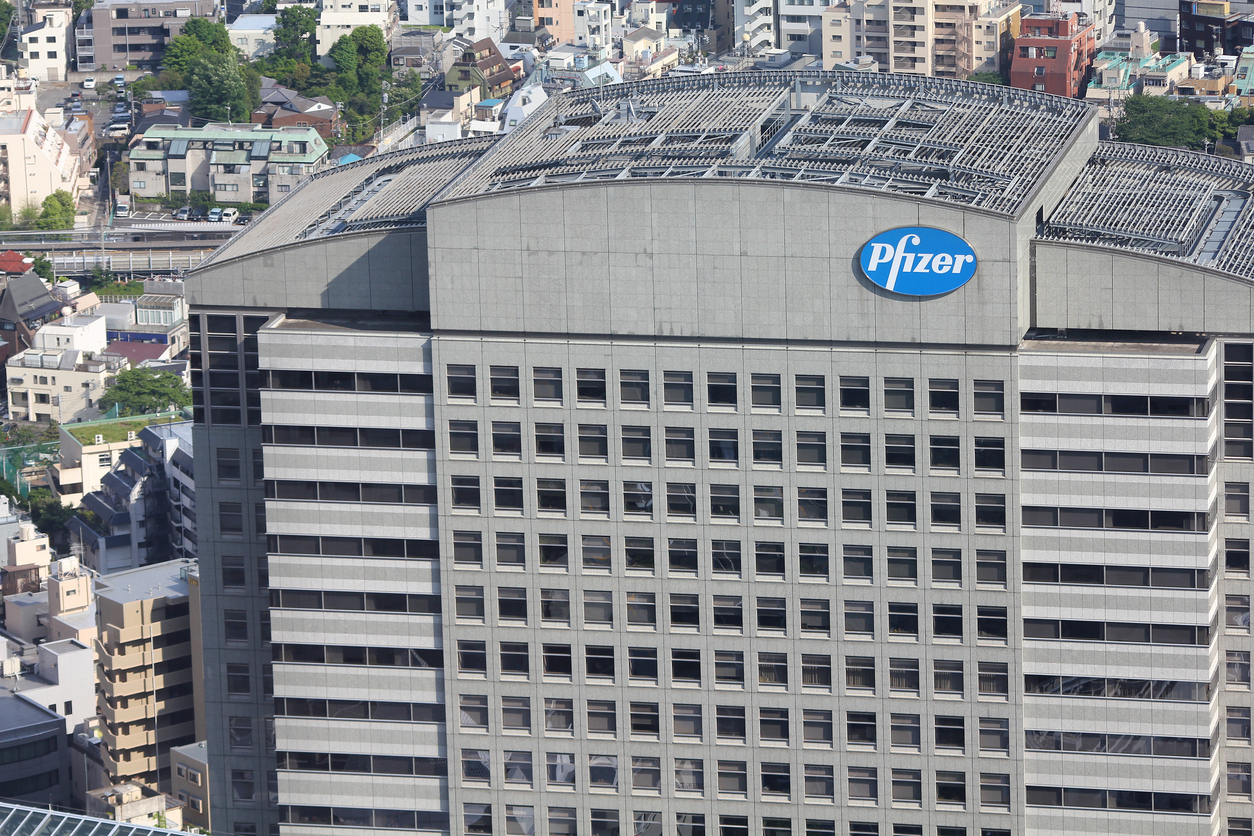FDA advisers vote in favour of Pfizer/BioNTech COVID-19 shot

Advisers to the FDA have voted in favour of approving Pfizer and BioNTech’s COVID-19 vaccine, with a near-unanimous backing from an expert committee.
While the decision of the Vaccines and Related Biological Products Advisory Committee (VRBPAC) is non-binding, the FDA seldom goes against the ruling of its advisers when making regulatory decisions.
However has were some concerns raised, reflected in the 17 to 4 vote in favour of approval.
Some experts in the public meeting were concerned about the short length of the human trial so far as well as the potential side-effects for people with allergies or pregnant women.
Already approved in the UK, this is the first time that mRNA technology has been used to create a vaccine.
There were also concerns about whether the vaccine should be used in 16-17 year-olds because of a lack of safety data in this group, balanced against the fact people from this age group are unlikely to fall seriously ill.
The committee also considered two cases of allergic reactions seen in the UK this week and has asked Pfizer to monitor for severe allergic reactions.
This may lead to further advice on the label of the vaccine if the FDA decides to go ahead with the Emergency Use Authorization that Pfizer is asking for.
The phase 3 data demonstrated a vaccine efficacy rate of 95% in participants without prior SARS-CoV-2 infection (first primary objective) and also in participants with and without prior SARS-CoV-2 infection (second primary objective), in each case measured from seven days after the second dose.
Pfizer pointed out that the Data Monitoring Committee for the study has not reported any serious safety concerns related to the vaccine.
Efficacy was consistent across age, gender, race and ethnicity demographics. All trial participants will continue to be monitored for an additional two years after their second dose to assess long-term protection and safety.













